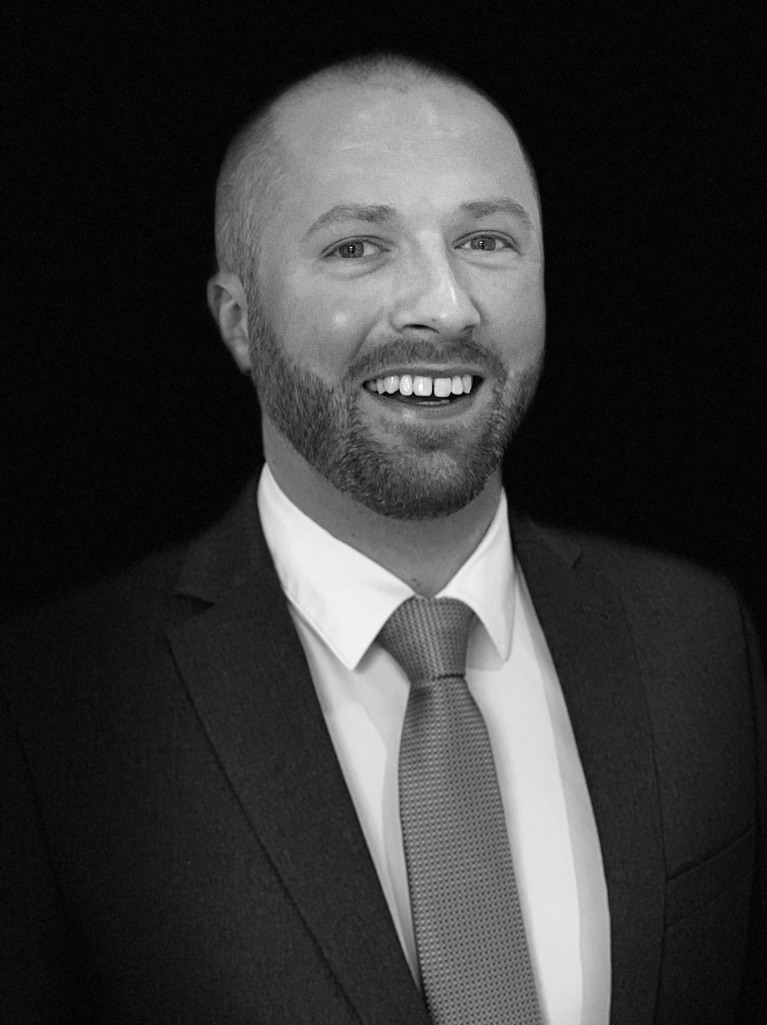All of our clients have something in common: an unexpected (and perhaps unwanted) sum of money. It is the imperfect measure of compensation that is supposed to turn back the clock to the millisecond before the accident that changed their life, and to reflect the future that would have been.
In reality, no amount of money can do that, but it is all the law can provide.
Choices have to be made about how to use it to improve quality of life, whilst keeping an eye on making it last as long as needed.
The answer for every client is different, often involving a combination of suitably cautious investment, family care and support, maximising and maintaining statutory benefits and care funding and compromises. Today’s best solution is also likely to change over time.
The way in which we tailor our advice to your needs requires understanding, time, patience and trust.



Being a part of your changing life
Generally speaking, change is inevitable.
However, even if the nature of change is uncontrollable and unpredictable, there is no reason that the manner in which such change is dealt with and managed should not be controllable.
This is certainly true where the investment of an award of damages is concerned and the wider decisions that can be made in order to effectively plan for unforeseen events and circumstances in the future.
Some frequently asked questions
Can you guarantee I won’t run out of money?
No. This is partly because only you can control how much you spend, but also because the future is uncertain. All sorts of factors could change for the better or the worse, and therefore we keep your finances under regular review and advise you whether your spending is likely to be sustainable, or not.
Will I lose my benefits?
No. You can keep means-tested benefits by ensuring your award is held in a suitable trust, which can also protect local authority funding for care. This is a vital part of making sure your needs are met from all possible sources, not just your award, which gives you a better chance it will last for your lifetime.
Can I pay family members to keep down care costs?
Yes. Many clients find it too intrusive to have paid carers in the house, or too difficult to recruit and keep people they can rely on. Family carers are therefore commonplace. Some accept nothing for the care they provide, and some accept a nominal payment, which is tax-free in certain circumstances. Either way, this can really improve the chance of the award lasting for your lifetime. You can have more peace of mind if you insure family carers. Please note that if you are under the Court of Protection, court approval for payments to family members is required.
Will you invest my award immediately?
Probably not. Most often we will advise you to do it gradually, to avoid the risk of a sudden fall in the markets.
Will my money be protected?
Cash deposits will be fully protected, either under the deposit guarantee scheme or by HM Treasury in National Savings & Investments. We are directly regulated and authorised by the Financial Conduct Authority, and the financial products we recommend are covered under the Financial Services Compensation Scheme. However, this does not cover the normal ups and downs in the value of long-term investments. We also hold professional indemnity insurance in respect of our advice.
Do you hold my money?
No. We choose not to hold client money, and are not authorised to do so. All deposits and investments are held directly with the institutions we recommend.
Will I have to pay tax?
There is no special tax status for personal injury awards except periodical payments, which are tax-free income. Depending on your circumstances, you are likely to have personal allowances that allow you to have set amounts of tax-free income and capital gains each year. You may also be eligible to shelter some of your investments from tax by using your ISA allowance each year.
How often should I be checking the value of my investments?
Their value is likely to go up and down over short periods of time and once a year is probably enough. There is evidence that the more often you look, the less willing you will be to take on risk, not least because you will see more of the ‘downs’, which may harm your wealth in the long run.
What if the value of my investments goes down?
Obviously, that is not the aim, but it happens as part of the normal functioning of markets. A fall in value is not the same as a loss, just as a change in the value of your house is neither a loss nor a profit until you actually sell it. Everyone feels the pain of losses more than the pleasure of gains, and part of our role is to help guide you through the tough times as well as the good ones.
How will I know how much advice is costing me?
We will be completely open with you about our fees, which will be discussed and agreed with you before carrying out any work, together with the costs of managing and administering your investments.








